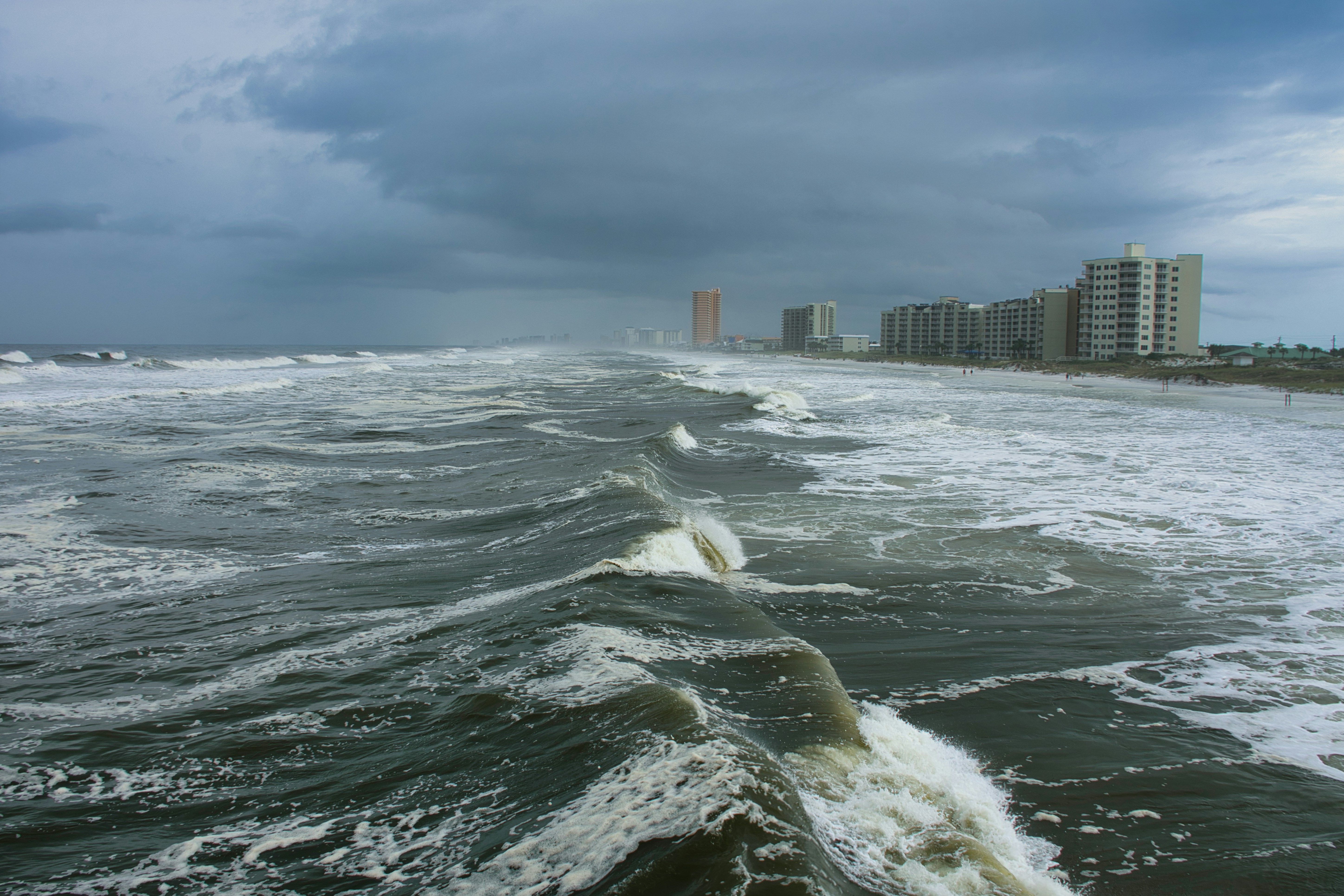The Indispensable Role of Nonprofits in Hurricane Relief
In the wake of devastating hurricanes, the support provided by nonprofits becomes a lifeline for affected communities. These organizations play an essential role in delivering immediate relief and assisting with long-term recovery efforts. Their swift response and dedicated resources fill the critical gaps often left by government and private sector efforts.
Immediate Response: Providing Essential Supplies and Support
Nonprofits are often among the first on the scene after a hurricane strikes, distributing essential supplies such as food, water, clothing, and medical aid. Their agility and ability to mobilize resources quickly are crucial during the chaotic aftermath of a storm. Organizations like the Red Cross and other community-based groups rely on a network of volunteers and donations to meet the immediate needs of disaster victims.
Volunteer Opportunities: Joining hands with nonprofits not only provides critical support to those in need but also offers volunteers an opportunity to contribute meaningfully to disaster relief. If you’re interested in becoming part of such efforts, consider joining our team and making a difference in the lives of many.
Long-Term Recovery: Building Resilience and Infrastructure
While immediate relief is critical, the role of nonprofits extends far beyond the initial aftermath. These organizations are instrumental in rebuilding and recovery phases, working to restore housing, repair infrastructure, and reestablish local economies. They also engage in community resilience planning to better prepare for future disasters.
For instance, initiatives focusing on sustainable practices in post-hurricane reconstruction ensure that rebuilt structures are more resilient to future storms, minimizing future damage and enhancing community preparedness.
Educational Programs and Training
Another critical component of nonprofit involvement is education. Organizations like HelpNow offer emergency response training and disaster preparedness courses to equip individuals and communities with the knowledge and skills needed to face future hurricanes. These programs foster a culture of preparedness, ensuring that communities are not only reactive but proactive in their disaster management strategies.
Partnering with Government and Local Agencies
Nonprofits often collaborate with government agencies to enhance the effectiveness of hurricane relief efforts. By working together, they ensure a more coordinated response, leveraging each other’s strengths to maximize impact. For instance, partnerships with entities like FEMA allow nonprofits to align their efforts with national disaster recovery frameworks, ensuring comprehensive and efficient support for affected areas. You can learn more about official disaster assistance programs at FEMA’s website.
Funding and Donations: The Backbone of Nonprofit Efforts
The critical work of nonprofits in hurricane relief is made possible through funding and donations from individuals, corporations, and philanthropic foundations. Every donation, big or small, contributes to providing lifesaving support and rebuilding shattered communities. Your contribution can significantly impact ongoing efforts to support those in need.
Engaging the Community: How You Can Help
Beyond financial donations, community involvement is crucial for the success of nonprofit initiatives. Volunteering your time or skills, raising awareness, or organizing fundraising events are just some ways to support hurricane relief efforts. By engaging with nonprofits, you can help build stronger, more resilient communities ready to face future challenges.
The Future of Nonprofit Hurricane Relief Efforts
As climate change leads to more frequent and intense hurricanes, the role of nonprofits in disaster relief becomes even more critical. These organizations must continue to innovate, leveraging technology and data to enhance their response capabilities and ensure that vulnerable populations receive the support they need.
The work of nonprofits like HelpNow is invaluable, and with continued community support and collaboration, they can continue to mitigate the impacts of hurricanes and foster recovery and resilience in affected areas. Whether through volunteering, donating, or participating in preparedness training, your involvement can make a significant difference in hurricane relief efforts.
To stay informed and contribute to our mission, we invite you to subscribe to our updates and become part of our growing community dedicated to making a difference in disaster response and recovery.


